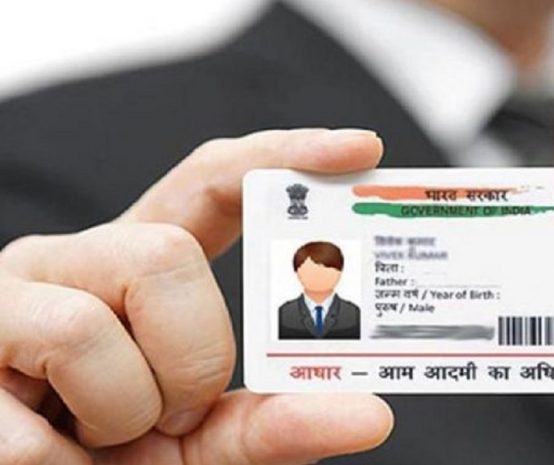

Team Udayavani, Jan 29, 2020, 12:28 PM IST

Geneva: India successfully managed to use digital platforms to reduce disparities among population groups, a flagship UN study has said, noting that the country’s experience of complementing mobile technologies with the Aadhaar identification system to reduce inequality is likely to be replicated in other countries in future.
The World Social Report 2020, published by the UN Department of Economic and Social Affairs (DESA), notes how India harnessed the potential of digital technologies for more inclusive development.
In the report, the UN said the experience of India suggests that mobile digital technologies need to be complemented by other technologies to reduce inequality in access to financial services.
India managed to achieve more equal access to financial accounts by complementing mobile technologies with a national system of digital IDs and an affordable electricity system that provides an uninterrupted supply of stable current, it said.
Given that many developing countries currently have digital ID systems and some countries are on track to achieve universal access to modern energy during the 2020s, the report said the experience of India is likely to be replicated in other countries in the near future.
The report highlighted the role played by the Aadhaar identification system to achieve financial inclusion in India.
India has successfully managed to use digital technologies to reduce disparities among population groups. A combination of new public infrastructure and government action was behind the success of a new identification system that is increasing ownership of financial accounts and making public services more effective, it said.
The report, released last week, added that in 2014, the Indian Government instructed banks to provide accounts to people not having one, using their Aadhaar numbers or other sources of information about their identities and addresses.
It noted that the number of people without bank accounts declined by more than half, from 557 million in 2011 to 233 million in 2015.
By 2017, 80 percent of adult Indians had at least one bank account, which is significantly higher than the average share in developing countries (63 percent). The biometric ID helped reduce gender- income- and education-based gaps in access. In fact, the system has also been used to enhance the effectiveness of social protection, health and voting programs.
The UN report further said that before the introduction of Aadhaar unique IDs, the less advantaged segments of the population were unlikely to have an official registered ID, which was necessary to open a bank account.
Improvements in electricity access have facilitated the opening of financial accounts and their use. Electrification has reached 82 percent of the country’s population, and the International Energy Agency predicts that India will achieve universal access in the early 2020s.
Udayavani is now on Telegram. Click here to join our channel and stay updated with the latest news.





2nd US flight in Amritsar, many deportees complain being shackled; third plane on Sunday night



5 of 18 victims of stampede at Delhi railway station died due to traumatic asphyxia: Hospital



RSS chief Mohan Bhagwat emphasises unity of Hindu society, calls it country’s responsible community


RJD chief Lalu Yadav courts controversy, calls Maha Kumbh ‘meaningless’


Kerala CM cautions people against soaring temperatures



2nd US flight in Amritsar, many deportees complain being shackled; third plane on Sunday night


IPL 2025 schedule announced: Opening match between KKR and RCB on March 22



5 of 18 victims of stampede at Delhi railway station died due to traumatic asphyxia: Hospital



RSS chief Mohan Bhagwat emphasises unity of Hindu society, calls it country’s responsible community


Farmer leader Kuruburu Shanthakumar brought to Bengaluru by air ambulance
You seem to have an Ad Blocker on.
To continue reading, please turn it off or whitelist Udayavani.